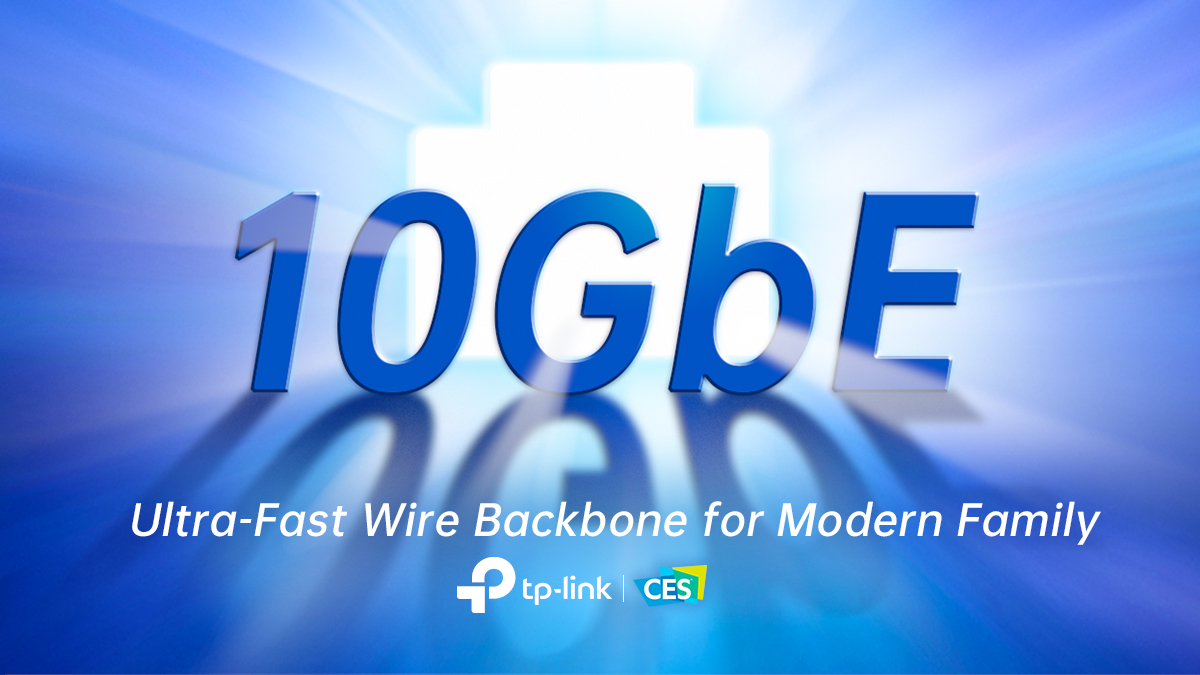Where do the valid points come in? Apple in nearly every instance cannot be compared. Apple also only offer 10GbE LAN on their expensive $5000+ Pro Systems with only a few exceptions where they offer on their mid high-end tiers and even then, you are talking over $1000 entry. For Apple it is more gimmick than anything and not pushed to the average consumer. Pushing 10GBE through a switch or router and at that with multiple devices, requires beefy enough hardware, and why we are not there just yet. For the Asus GT-AX16000, I mentioned, the 2 10GbE ports are a start to possibly allowing entry and better pricing for 10GbE hardware, but it does not happen overnight, and the use cases are still small for the average home user. That is why it was introduced in a high-end consumer gaming router first. Still adds an expense, but in this case, the hope is the gamers and enthusiast will buy in first and ignite the purchase for other 10GbE multigig equipment. By the next 1-2 irritations, we may see 2.5Gbps-10Gbps start to become normal and fluctuate down to the more mainstream routers. That may still be 1-3yrs though and it matters on the market too.
There are still areas where 20 to barely 100Mbps is still standard. Not all regions and locations are the same. Also, the wireless spectrum was not designed just for pure speed, it also was designed for distance, multiple device support at once (MU-MIMO, etc.), less interference, and security, so stating you could use an old Linksys WRT54G router, would be a moot point, as even some newer devices would not work with it requiring an upgrade. Not everything was for the sake of speed.

 www.snbforums.com
www.snbforums.com



